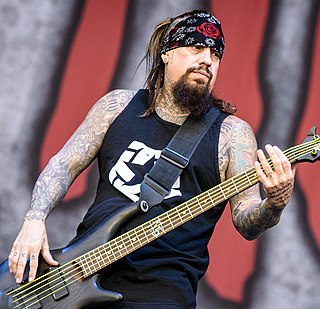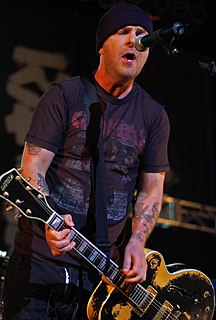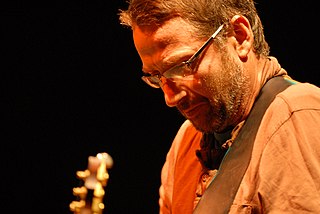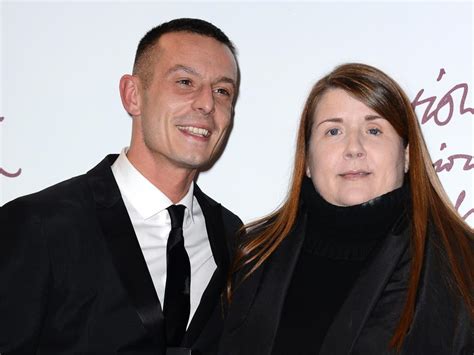A Quote by Reginald Arvizu
I made some changes, I didn't go around telling everybody I was ready to make changes, I just remained me. I may get more criticism today in putting this book out than I have. You know, maybe this is my time, but I'm ready to take the criticism and answer anybody's questions.
Related Quotes
It is important to know that criticism is a natural part of life and speaking out, and to know that a certain amount of the criticism you receive may have nothing to do with you, your argument, or the way you are articulating yourself. Some criticism online and in the physical world is neither constructive, nor balanced or intelligent. Some of it is abuse.
Even if it’s a dumb story, telling it changes people just the slightest little bit, just as living the story changes me. An infinitesimal change. And that infinetisimal change ripples outward —ever smaller but everlasting. I will get forgotten, but the stories will last. And so we all matter —maybe less than a lot, but always more than none.
There are innumerable writing problems in an extended work. One book took a little more than six years. You, the writer, change in six years. The life around you changes. Your family changes. They grow up. They move away. The world is changing. You're also learning more about the subject. By the time you're writing the last chapters of the book, you know much more than you did when you started at the beginning.
Students may feel the criticism is harsh, but I think it's possible they haven't had criticism before. It's my job to point out when something is badly done, or when there's no point of view. To build a brand you have to have something about you. If not personality, then some thought process. I'm 40, and they're young, so they're meant to be informing me. They should be bringing me a book or something that I haven't seen, not like some obscure chant book by Dominican monks, but an image of the way they see the world.
I did answer all of the questions put to me today, ... Nothing in my testimony in any way contradicted the strong denials that the president has made to these allegations, and since I have been asked to return and answer some additional questions, I think that it's best that I not answer any questions out here and reserve that to the grand jury.
I don't have a very high opinion, actually, of the world of criticism - or the practice of criticism. I think I admire art criticism, criticism of painting and sculpture, far more than I do that of say films and books, literary or film criticism. But I don't much like the practice. I think there are an awful lot of bad people in it.
Criticism is hard for me but people find hard to believe because they think I'm very tough, very strident, that I tell everybody where to get off, and how. But I've actually got a really thin skin. I don't know. It's quite pathetic. So, yeah, it's hard for me to take criticism. But I also kind of have this sense of humor on overdrive, so I don't take any of it seriously. So that sort of saves me, the fact that I think it's just all kind of funny.



































